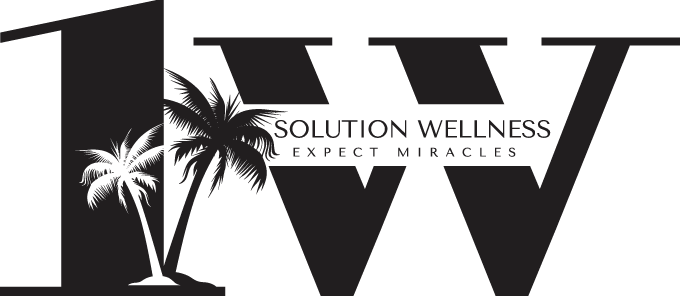Alcoholic nose, or drinker’s nose, is an informal term for a nose that is swollen, red, and bumpy. Although it was believed that only people with alcohol use disorder were impacted by this skin condition, there is actually not enough evidence to prove that there is a connection between an “alcohol nose” and excessive alcohol use. Rhinophyma is the formal medical term for this condition. As for the word “alcoholic,” it is nowadays viewed as stigmatizing and has fallen out of usage in most recovery culture and literature today.
What Is Alcoholic Nose (Rhinophyma)?
Rhinophyma is rare and usually affects Caucasian men between 50 to 70 years old. It is an advanced stage of rosacea and involves the skin becoming thick and red, broken blood vessels, pitting and scarring, and the nose becoming bulbous or disfigured. Firming and thickening of skin and discoloration are most often visible on the nose but can be present in other places such as the chin, forehead, cheeks, ears, and eyelids.
What Are The Symptoms of Rhinophyma?
Rhinophyma signs and symptoms include:
- Skin bumps, especially around the nose
- Skin thickening on or around the nose
- Broken blood vessels
- Enlarged pores
- Oily skin
What Are The Symptoms of Rosacea?
Rosacea symptoms include:
- Facial redness, generally limited to the nose (center of face) and areas around it
- Swollen, red bumps (which can be filled with pus) that may be hot, tender to the touch, and uncomfortable
- Eye issues such as dry, irritated, or swollen eyelids
- A swollen, bulbous nose if rosacea progresses while left unchecked
What Are The Triggers of Rosacea?
Triggers for rosacea symptoms include:
- Alcohol
- Spicy foods
- Hot drinks
- Stress and other intense emotions
- Sunlight
- Wind
- Extreme temperatures, hot and cold
- Drugs that cause blood vessels to dilate
- Some cosmetic and skincare products
- Physical activity
Alcohol Consumption & Skin Redness Conditions
Although alcohol use may be a trigger for rosacea flare-ups, rosacea does not always lead to rhinophyma, as it is an extreme side effect only a small percentage of people with rosacea experience. However, alcohol consumption can possibly worsen rhinophyma for an individual who already has the condition.
It is also worth mentioning that rosacea and rhinophyma affect a person’s physical appearance, not only their skin. Long-term changes in an individual with rosacea or rhinophyma’s physical appearance can lead to an increased risk of anxiety and depression. Thus, it is important for the individual with rosacea/rhinophyma to visit a mental health professional or support group as well as a dermatologist.
Because skin redness has a close association with alcohol use, it is logical that rhinophyma was eventually connected with alcohol use disorder. According to Cleveland Clinic, it was concluded that facial redness can result from either an enzyme deficiency or rosacea. Both of these have a close link to genetics and ethnic background.
Alcoholic Nose “Rhinophyma” Treatment
Some options to treat rhinophyma are medications, surgical procedures, and laser therapies. Medications may be prescribed topical treatments and/or oral antibiotics. Surgical procedures involve tissue removal and nose recontouring, usually with multiple methods during surgery. Laser therapies use radiofrequency and plasma to aid in excess tissue removal and nose reshaping.
Tips that dermatologists suggest for people with rosacea to prevent rhinophyma are:
- Having a healthy, balanced diet
- Keeping a healthy weight
- Exercising on most days a week
- Quitting smoking
- Limiting alcohol or completely abstaining from it
- Lowering stress
- Regularly visiting a doctor to keep rosacea from worsening
- Scheduling an appointment with a dermatologist to tell them about any changes
How to Get Help for Alcohol Use Disorder?
When addiction becomes an interruption of well being and healthy functioning, causing side effects, such as Rhinophyma, detox is generally the first step towards recovery.
The body’s ability to adjust to the change and manage the withdrawal symptoms of suddenly stopping consumption can be very uncomfortable. Having a proper detox, with appropriate medical oversight is essential for the withdrawal process to be completed and done so with aided comfort.
If you or anyone you know may be struggling with addiction, please reach out for help and contact us at 1 Solution Wellness, fill out our form or call 714-248-9760.
